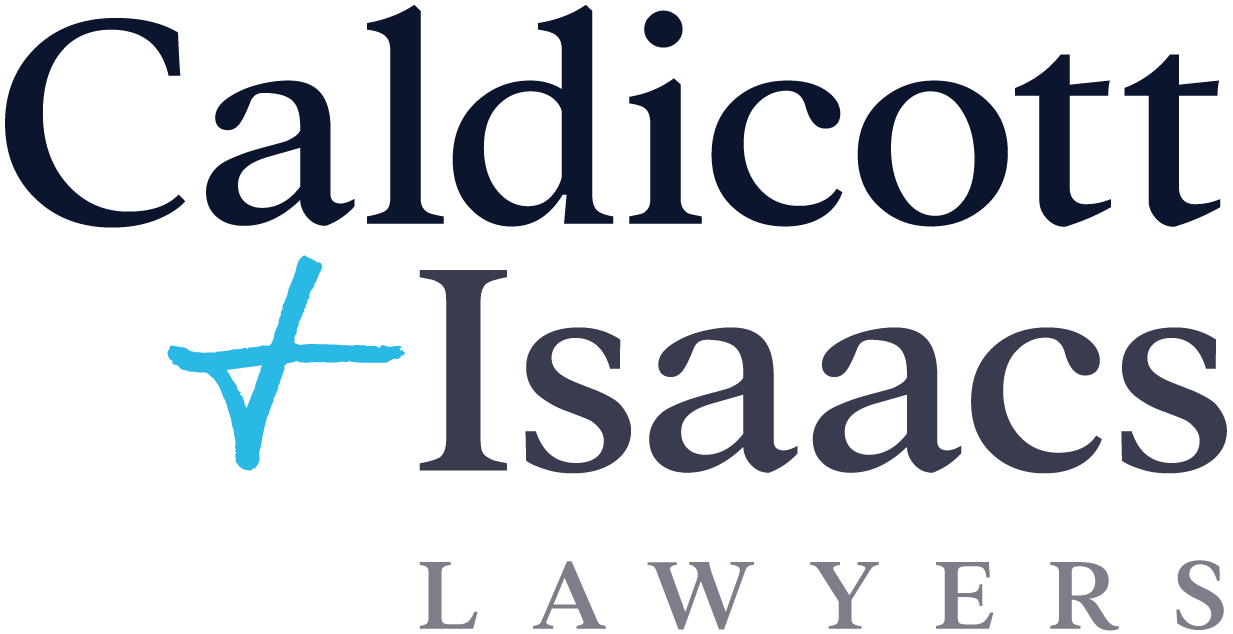A court that makes a forfeiture order in respect to property that was subject to a restraining order can also make an order for a payment to dependent if the court is satisfied of the following:
- the forfeiture order would cause hardship to the dependant; and
- the specified amount of money would relieve that hardship; and
- if the dependant is aged at least 18 years—the dependant had no knowledge at the time that the serious offence was committed of the offenders conduct.
The maximum amount of money that can be given by way of order to the dependent must not exceed the difference between:
- the amount the court considers likely to be received from selling the offenders property under the forfeiture order; and
- the amount the court considers likely to be the costs of administering this Act. Section 209(1) of the Criminal Assets Confiscation Act 2005, states that these costs can include any costs involved in dealing with, or disposing of property in accordance with this Act and salary and other costs associated with the employment of an Administrator.
If you are a dependant of a person whose property has been seized or is the subject of a restraining order it is most important that you seek urgent legal advice from a lawyer who specialises in Criminal Assets Confiscation matters, so they can ensure your interests are properly considered at the time any forfeiture orders are made.

